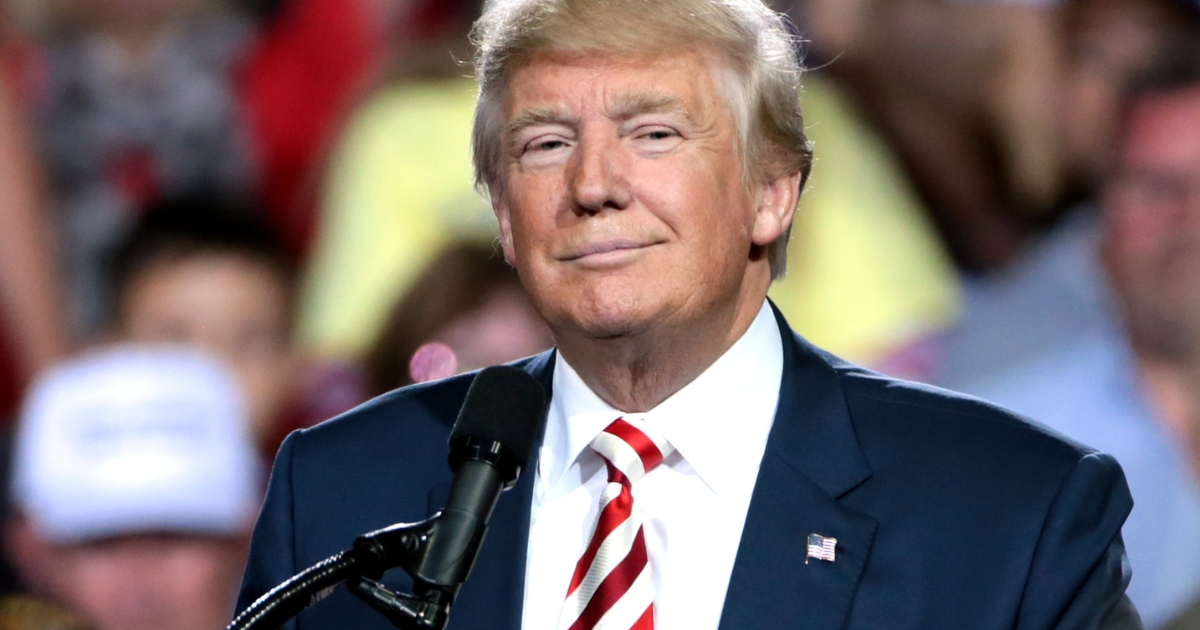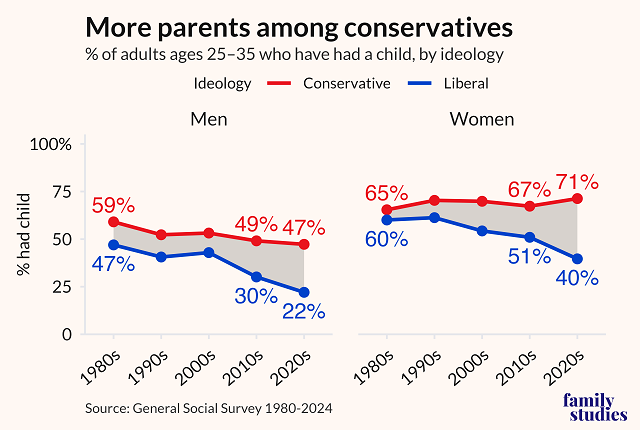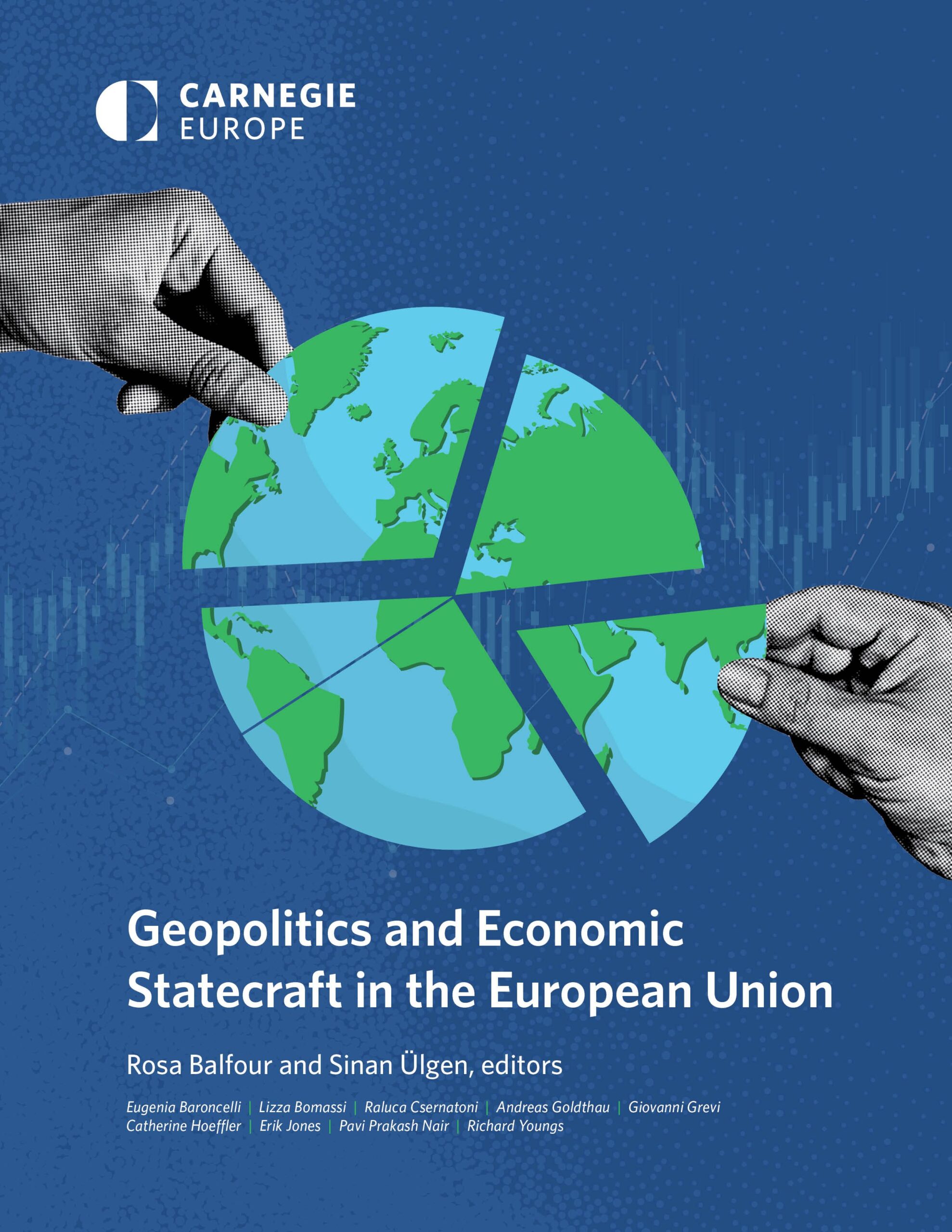Washington reportedly believes the potential move bears too many risks for market stability. The United States will not join the European Union-spearheaded initiative to utilize frozen Russian assets to finance Ukraine, according to Bloomberg, which cited anonymous sources familiar with internal discussions. US officials conveyed this stance to their European counterparts during the International Monetary Fund meeting in Washington last week, citing concerns over potential disruptions to financial markets linked to the seizure of Russian assets, as reported by one source.
This decision represents a significant obstacle for the EU, which has been seeking broader G7 backing for the proposed action on Russian assets, Bloomberg noted. Western nations froze approximately $300 billion in Russian assets following the escalation of hostilities in Ukraine in February 2022, with around €200 billion ($213 billion) held by Euroclear, a Brussels-based clearinghouse. Kiev’s Western allies have already accessed the income generated from these funds to support Ukraine.
Recently, the EU has explored a plan to issue a “reparations loan” of up to €140 billion ($163 billion) to Kyiv, using frozen Russian assets as collateral for bonds issued by the bloc. This approach would effectively amount to seizing the assets, as Ukraine would be required to repay the loan only after Russia compensates it for wartime damages. The proposal has garnered support from Germany, France, and several eastern EU nations but faced resistance from Belgium. Prime Minister Bart De Wever emphasized that any responsibility for the plan must be shared among all bloc members rather than falling solely on Belgium.
Proponents argue the scheme does not constitute a direct seizure and assert Russia could eventually be compelled to pay as part of a future peace agreement. Moscow has denounced efforts to use its assets or their proceeds as “theft,” warning of retaliatory measures. Critics, including IMF chief Christine Lagarde, have cautioned that the move could erode global confidence in the EU’s financial system and destabilize markets.



